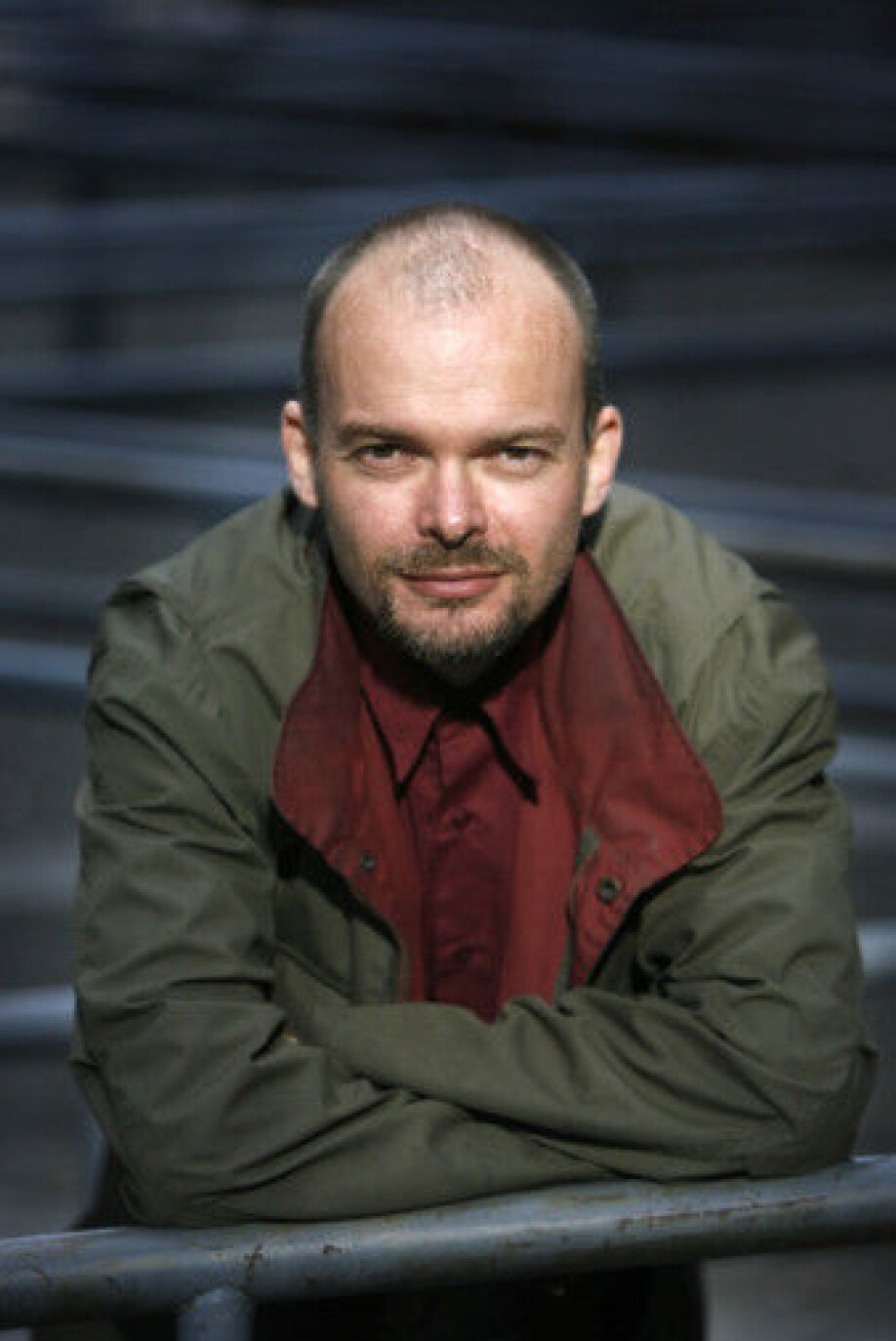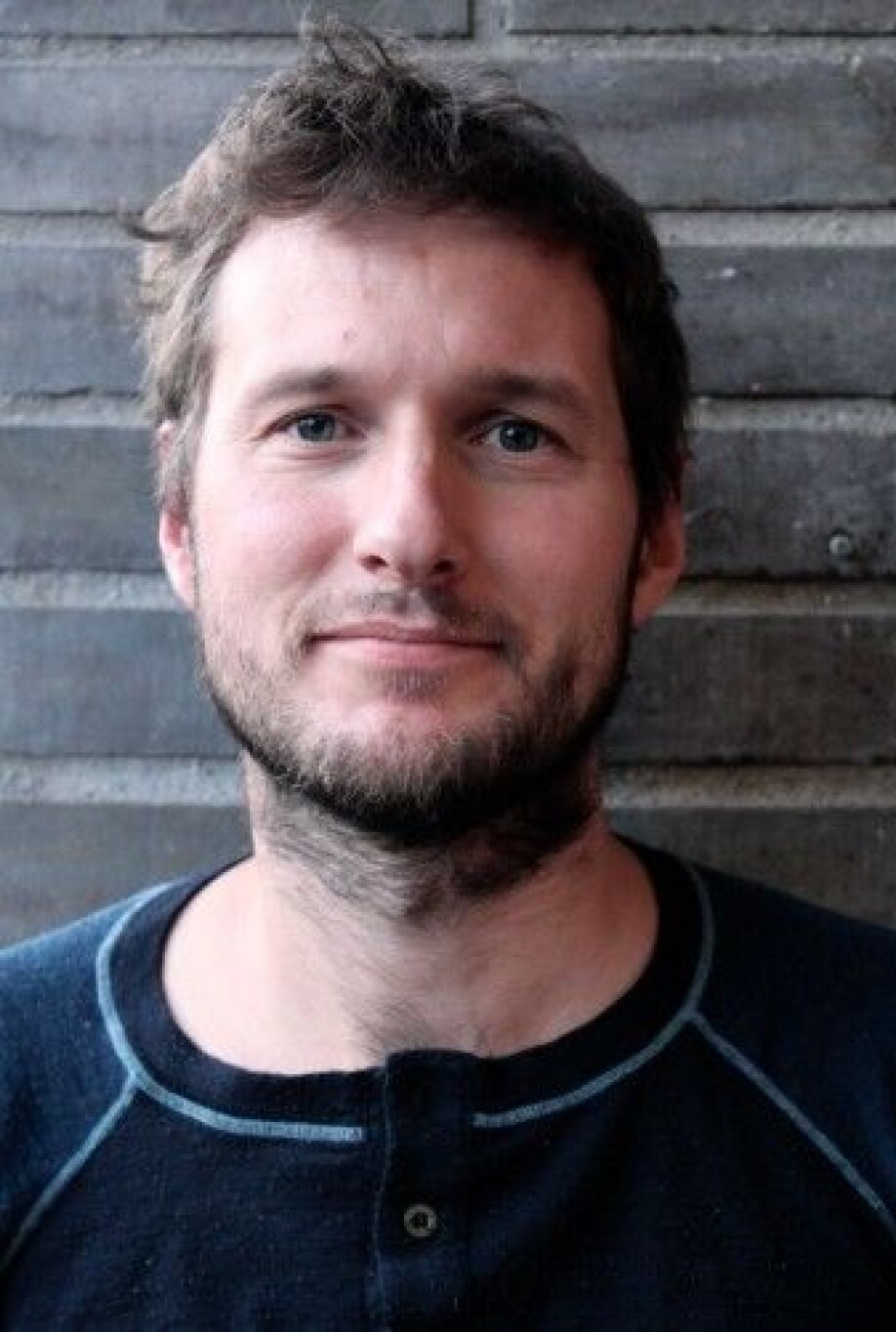
Who believes in conspiracy theories?
People who believe in conspiracy theories consider themselves critical thinkers. But most often they go by their gut feeling.
Conspiracy theories on election fraud promoted by Donald Trump played a key role in the storming of the US Capitol in early January.
This was a new wake-up call for a lot of people.
Misinformation and conspiracies aren’t just innocent talk that travel around the internet’s echo chambers.
In the worst case, the theories and people who believe in them could be dangerous to society.

Seeing patterns
Asbjørn Dyrendal is a professor of religious history at NTNU. He has researched conspiracy theories for many years.
People who support conspiracy theories tend to believe that powerful people are secretly planning things against ordinary people. Researchers call this a conspiracy mentality.
The mindset is connected to other characteristics.
“They often see connections where there are none. And they often see a purpose behind incidents,” says Dyrendal.
In a series of experiments, Karen Douglas, a professor of social psychology at the University of Kent, found that individuals who believe in conspiracy theories tend to connect things that are not related to each other, according to an interview with the American Psychological Association.
Some QAnon supporters who participated in storming the US Capitol believe that because Q is the 17th letter in the alphabet, Donald Trump sent them a message every time he mentioned the number seventeen.
More anxiety and depression
Research indicates that everyone believes a little in at least one conspiracy theory, according to Dyrendal.
The problem is that some people fall for multiple ones, and they reinforce their beliefs. And they do not fall for conspiracy theories by chance.
Douglas and her colleagues at Kent found that individuals who believe in multiple conspiracy theories tend to be suspicious. They trust less in their surroundings.
They understand the world through these conspiratorial stories. Believing make them feel in control and secure. The theories create a sense of social belonging.
But people do not end up feeling safer from conspiracy theories. On the contrary.
“Research shows that people who invest a lot of time in these theories are more lonely, anxious and depressed than others. They often feel powerless in the face of the power they believe is corrupt,” says Dyrendal.
Believe in miracles
Another robust finding from research is that individuals who strongly believe in conspiracy theories are less inclined to think analytically.
They tend to rely on their gut feeling, Dyrendal says.
Often they also believe in paranormal phenomena, miracles and alternative treatments.
Not crazy
Believing in conspiracy theories does not mean you are crazy, Dyrendal says.
He believes that it is completely normal to think conspiratorially. In fact, it is normal to think that other people's interests sometimes are at odds with your own.
But if you believe in one theory, you are more likely to believe in several. And people who believe strongly in several theories, are often not completely balanced, Dyrendal believes.
“Believing in conspiracy theories may be related to milder forms of mental illness. If you think that the world is about to perish due to some planned evil, it can make you more depressed and more suspicious of others,” Dyrendal said in a recent interview with Psykologitidsskriftet.
Distrust of society
A pervasive distrust of society characterizes people who lean toward conspiracy theories. This explains why researchers find considerable differences in such beliefs throughout the world.
Dyrendal participated in a five-year European project, that recently was completed. 130 researchers collaborated to increase the understanding of the conspiracy phenomenon.
“In countries that score well on the UN human development indices, such as a high degree of equality, economic equality, democracy, citizenship and education, people are less likely to believe in conspiracy theories,” Dyrendal says.
This may explain why believing in conspiracy theories are more prevalent in countries like Poland and Hungary, where there are less social trust than in the Scandinavian countries.
Pittsburgh killings
When people in power believe in conspiracy theories, they influence the whole society, Dyrendal believes.
This has happened both in Europe and in the United States in recent years, but Kjetil Braut Simonsen points out that this has happened before. He is a researcher at the Oslo Jewish Museum and knows a lot about the history of anti-Semitism.
“If you look at the Hitler regime, the anti-Semitic conspiracy thinking was a core element. Nazi propaganda during World War II claimed the existence of a Jewish conspiracy that influenced the enemies of National Socialism. In that way the persecution of Jews could be presented as a defensive struggle,” Simonsen said.
Anti-Semitic thinking does not only occur in the margins of society. It has been and still is deeply rooted in many societies in the world, including Norway.
“Anti-Semitic conspiracy theories still exist. There have been very serious anti-Jewish acts of violence in recent years, such as the synagogue attack in Pittsburgh, USA,” said Simonsen.
"All Jews must die," did the shooter shout as the shots hailed down in the synagogue in 2018.
A total of eleven people were killed by the terrorist, who explained his actions by anti-Semitic conspiracy thinking.

Not just the political right
Researchers also observe that people who have a strong tendency towards believing in conspiracies are more often found in the periphery of the political landscape. But not just on the political right, says Dyrendal.
Their political sympathies differ from country to country.
“In some parts of the world, conspiracy theorists are stronger on the right than on the left, but not everywhere. Internationally, conspiracy theories about 9/11 have been more common on the far left,” says Dyrendal.
Conspiracy theories are adjusted to most types of political orientation, depending on what people think is important and relevant.
Not just middle-aged men
The images of the hordes breaching the US Capitol could give the impression that only middle-aged men believe in these theories.
But this is not confirmed by research, says Dyrendal.
“If we just look at the activists who take to the streets, it may seem like they are older men, but we don’t have much data on this. When we examine large and broad samples of conspiracy thinkers, there is no difference between men and women,” he says.
Researchers have examined age differences, but there is no clear tendencies when it comes to age.
Major events a trigger
Major changes and events tend to trigger the belief in conspiracy theories, according to researchers.
Conspiracy theories give people simple answers and help them cope with crises.
This is deeply human, according to Douglas.
People need to feel that they are somewhat in control. When things change, they seek to understand the meaning of what is happening.
John F. Kennedy’s assassination in 1963 is one example. The conspiracy theorists ran amok.
In the years after the assassination, research shows that more than half of Americans believed that the murder was part of a conspiracy.
And these numbers did not diminish over time. At the beginning of the 2000s, more than 80 per cent of Americans still believed in the conspiracy, according to Douglas.
Opposite can also happen
Simonsen at the Jewish Museum believes that conspiracy theories are important in the history of anti-Semitism. Anti-Jewish attitudes have been kept alive and they are passed down from generation to generation.
But historical events have contributed to weakening the legitimacy of some conspiracy theories.
Simonsen believes the Holocaust is the most important example.
“Before the war, you could draw pictures of Jews with big, crooked noses in Norwegian comic books, but this was almost unthinkable after 1945. Openly expressed anti-Jewish attitudes were taboo after World War II,” he says
“This is an example of a conspiracy theory that was weakened – or at least had lost its legitimacy – due to historical events."
Nourished by turbulence
Simonsen and Dyrendal both believe that the best cure against conspiracy theories is to create open, inclusive, stable and secure democracies.
Conspiracy thinking gains traction in turbulent times, such as economic crises, periods of political polarization and rapid change.































